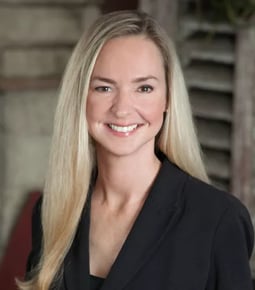Employees may generally participate in a dependent care assistance program through salary reductions under a cafeteria plan (called a dependent care FSA or DCAP). Dependent care FSAs are subject to many legal requirements, including special nondiscrimination rules under Section 129, who can participate, what expenses can be reimbursed, and when elections can be made or changed.
A dependent care election can generally be made in anticipation of the birth of a child. For example, Jane’s employer offers a dependent care FSA under a calendar-year cafeteria plan. Jane and her husband Joe are expecting their first child in February 2024. Jane may elect dependent care FSA coverage during open enrollment for the 2024 plan year and begin making dependent care contributions in January 2024, even though she will not have a child until February.
This is because the IRS rules do not restrict participation only to employees with qualifying individuals (assuming Jane otherwise meets eligibility requirements). However, before this employee makes her election in January, she should understand that she can’t receive reimbursements from her dependent care account unless she incurs employment-related expenses. This means that the expenses must be for the care of the child that enable BOTH Jane and Joe to remain gainfully employed after returning from parental leave. So, if Jane decides to stay home with the new child after the birth or finds someone who will provide free care for the child, she would forfeit her dependent care FSA contributions made from January to May.
Additionally, in the case of a legally married couple, since both the employee and spouse must be gainfully employed, one spouse could not be a stay-at-home parent. In other words, a dependent care FSA should not reimburse an expense unless the care is necessary for both spouses to be gainfully employed on a certain day.
In summary, the dependent care FSA rules require that both spouses be gainfully employed, i.e., one spouse cannot be a stay-at-home parent, and that the employment-related expense is for care of a “qualifying individual”— which generally includes a dependent child under 13 or a spouse or dependent who is incapable of self-care.

COMMENTS